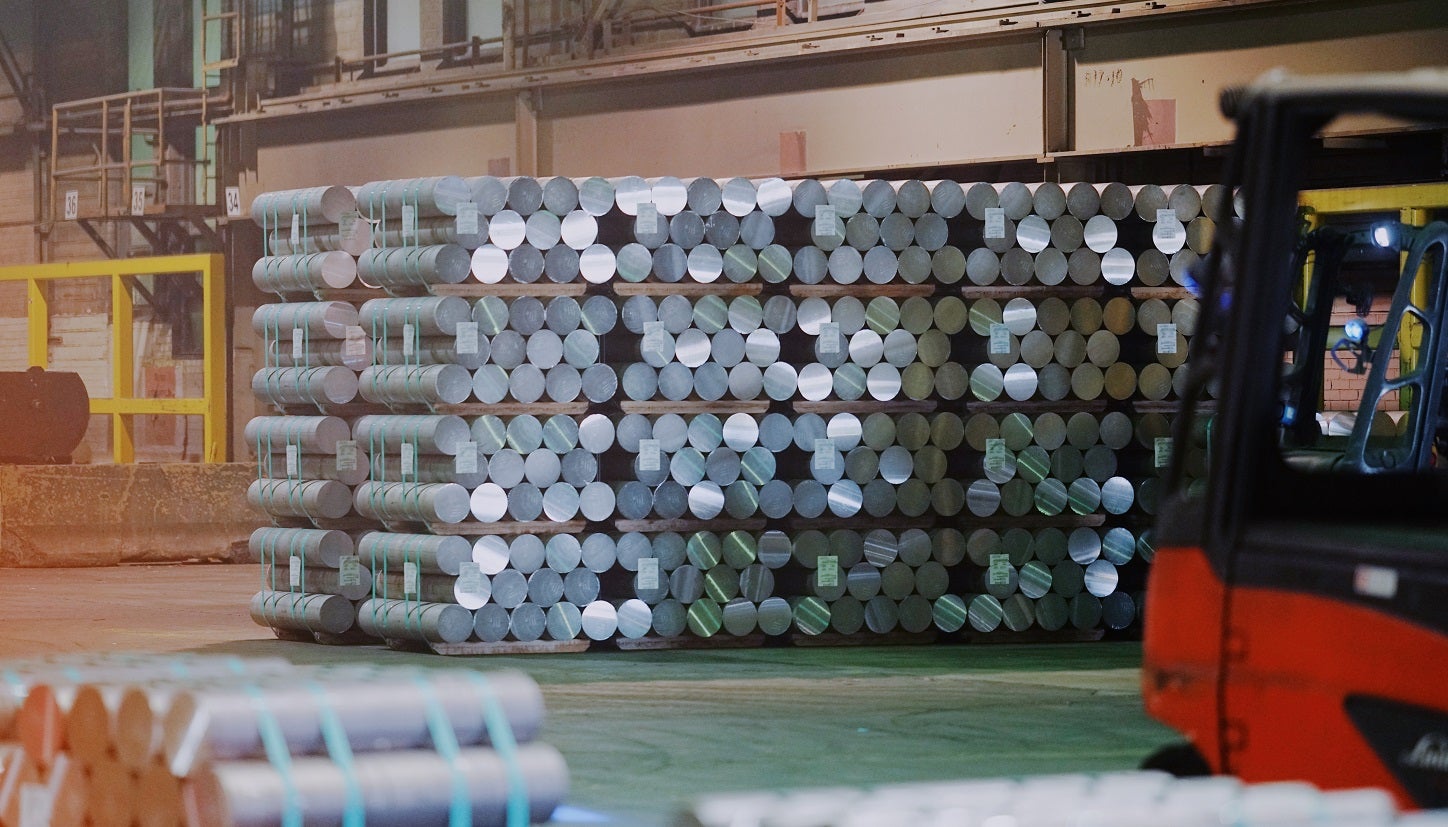
Mining giant Rio Tinto has signed a memorandum of understanding (MoU) with BMW Group, whereby the former will supply responsibly sourced aluminium to the German automaker.
Effective as of next year, Rio Tinto will supply low-carbon primary aluminium from its hydro-powered operations in Canada.
BMW is looking to reduce its carbon footprint in the supply chain.
Its alliance with Rio Tinto is expected to cut up to 70% CO₂ emissions compared to BMW Group’s benchmark for aluminium.
The automaker will use hydro-produced aluminium for vehicle body components, which are produced at its plant in Spartanburg, South Carolina, US.
BMW board member Joachim Post said: “By using innovative materials, we can reduce our vehicles’ carbon footprint.
“The agreement to supply low-carbon aluminium is based on several pillars: in addition to hydroelectric power and secondary material, we also want to lead the automotive industry by ramping up our use of aluminium with no direct CO₂ emissions from the smelting process.”
Furthermore, the duo agreed to work on implementing Rio Tinto’s blockchain sustainability solution for aluminium, START.
Launched in 2021, the programme aims to provide supply chain traceability with information about provenance and environmental, social, and governance (ESG) standards, to customers and consumers.
Rio Tinto chief commercial officer Alf Barrios said: “As global demand for responsibly sourced materials continues to grow, automakers are increasingly looking to partner with suppliers who share their commitment to traceability and sustainability.”



